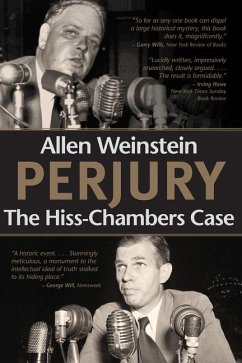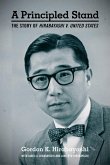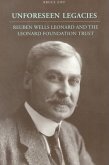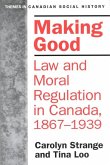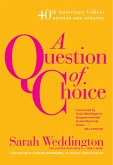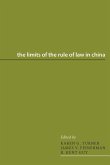When the Hiss-Chambers case first broke open, its main characters and events seemed more appropriate to spy fiction than to the realities of American life in the late 1940s. Yet, almost half a century after the final verdict, many questions about it remain unanswered. Did Hiss become an undercover Communist while serving as a New Deal official? Did he turn over classified State Department files to Whittaker Chambers, a self-confessed former underground agent for the Communist Party? Or did Chambers, for obscure and malevolent reasons, deliberately set out to frame and destroy a respected public official? In this third edition of Perjury, Allen Weinstein brings to light new information available only in recent years and reveals the true story behind the espionage and concealment surrounding this infamous but fascinating case. Much of the author's new evidence has come from individuals close to either Hiss or Chambers who-in many cases-had refused previous requests for interviews from other researchers. Interviewees included every shade in the political spectrum: Soviet agents and congressional Red-hunters, close friends and advisers of both Chambers and Hiss, spies and former Communists, liberals and conservatives, and members of both the Hiss and Chambers families. Public debate over the case has resumed regularly in the generation since this book's first appearance in 1978. Richard Nixon's return to prominence as a policy advocate during the 1980s brought periodic reminders in the American and global media of Nixon's initial fame as Hiss's main pursuer in the televised 1948 House Committee hearings. The role of Richard Nixon in the case and the full story of his rise to political prominence, which the late Mr. Nixon hid and distorted for the past half-century, has been reconstructed in this book for the first time from a variety of sources. The case has ended for both Whittaker Chambers and Alger Hiss, but their drama continues. Although arguments will persist in the court of public opinion, the body of available evidence presented here proves that Hiss perjured himself when describing his secret dealings with Chambers, so that the jurors in his second trial made no mistake in finding Alger Hiss guilty as charged.
Hinweis: Dieser Artikel kann nur an eine deutsche Lieferadresse ausgeliefert werden.
Hinweis: Dieser Artikel kann nur an eine deutsche Lieferadresse ausgeliefert werden.

